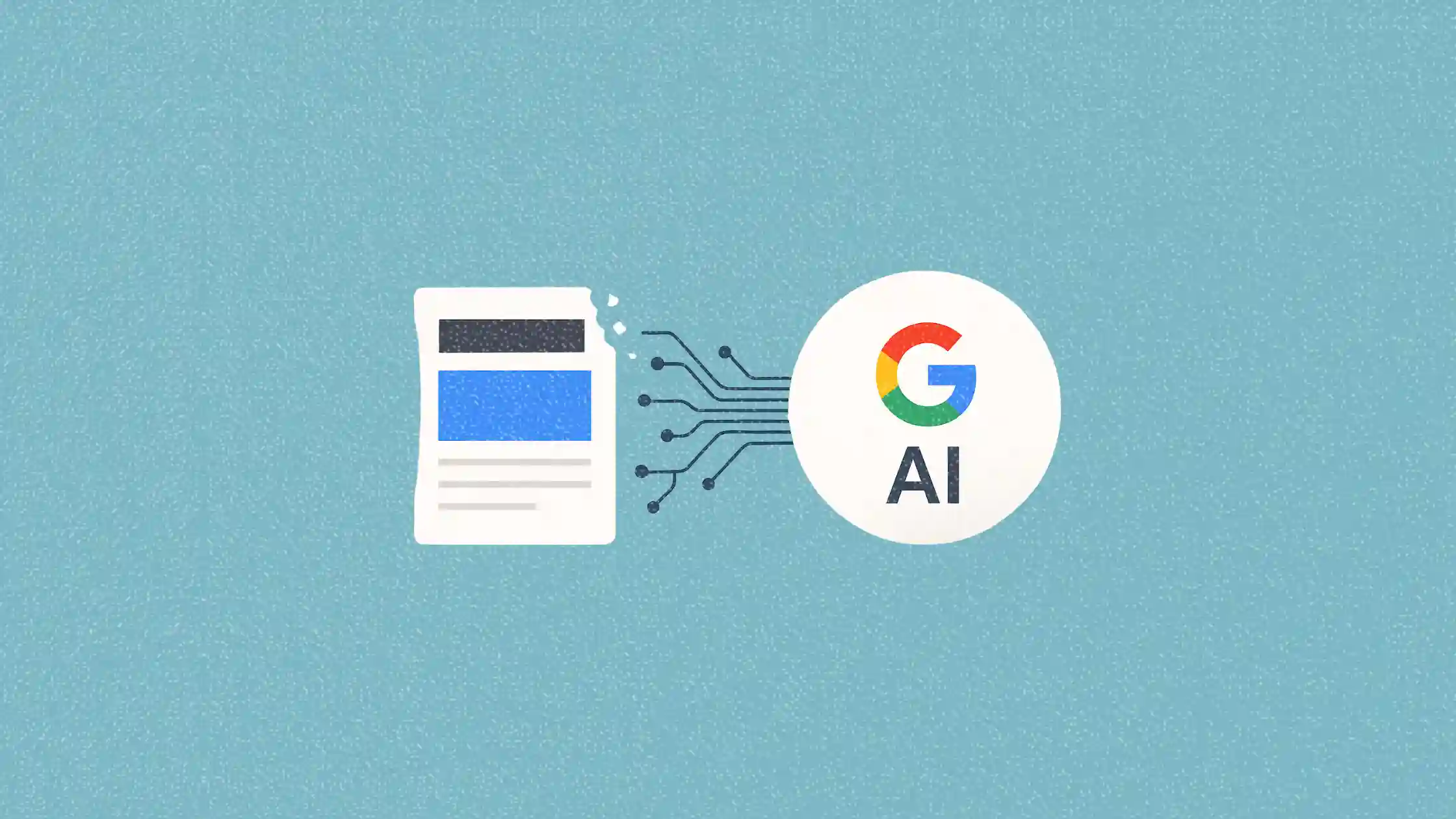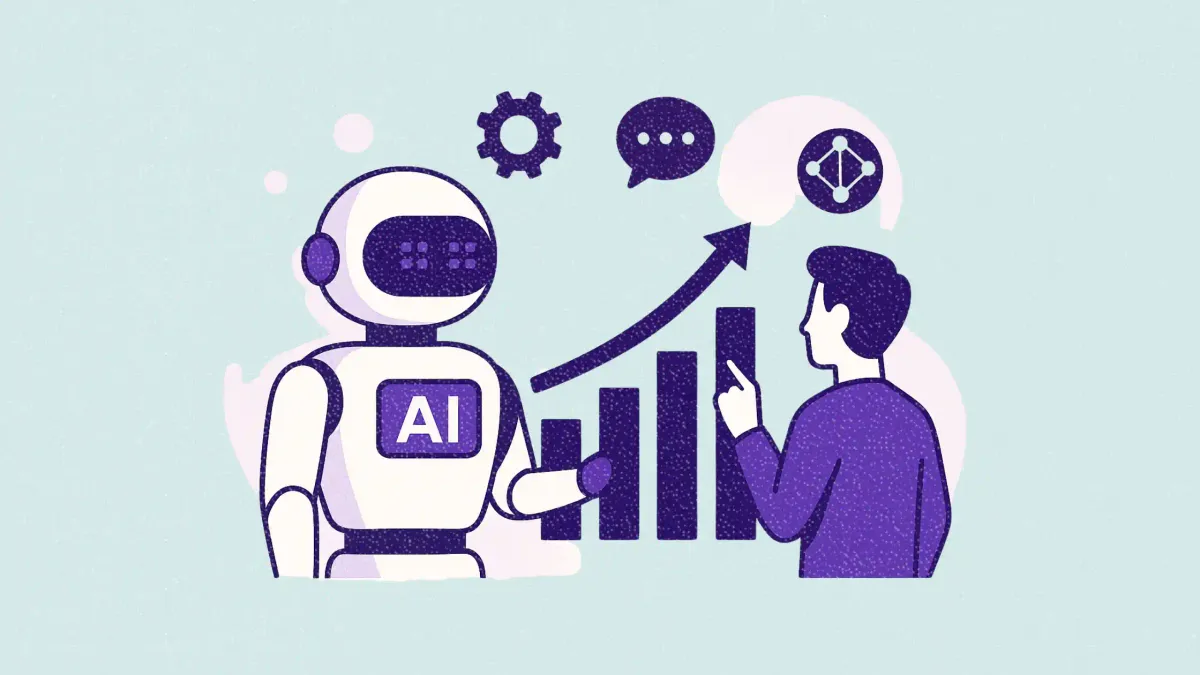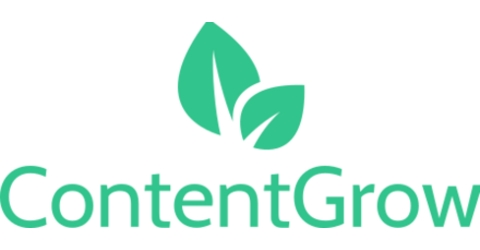Google is now courting news publishers for AI training
Google is in talks with 20 news outlets to license content for AI, catching up to rivals in the race for media data

After months of watching OpenAI and Perplexity lock in high-profile licensing deals with major publishers, Google is finally moving to secure content for its own AI training. The company is reportedly reaching out to 20 national news outlets as part of a licensing pilot project.
This article unpacks Google’s sudden pivot, the competitive pressure behind the move, and what it means for marketers already navigating changes in search visibility and content reach.
Short on time?
Here’s a table of contents for quick access:
- What is Google’s AI licensing pilot?
- How Google compares to OpenAI and Perplexity
- Why this matters for marketers
- Strategic actions for content and SEO teams

What is Google's AI licensing pilot?
Google has begun approaching 20 national news organizations with offers to license their content for AI training, according to a Bloomberg report. The project is still in its early stages, and Google has not disclosed which outlets are involved or what the terms look like.
A spokesperson told ADWEEK that the company is “exploring and experimenting with new types of partnerships and product experiences,” but declined to give specifics. This comes alongside existing initiatives like Google’s Pinpoint tool, the JournalismAI Innovation Challenge, and training programs for tools like Gemini, NotebookLM, and SynthID.
Previously, Google had only inked content agreements with the Associated Press and Reddit. By contrast, its rivals have been far more aggressive.
How Google compares to OpenAI and Perplexity
OpenAI has signed licensing deals with publishers such as Condé Nast, Dotdash Meredith, and The Atlantic. These partnerships allow the company to legally train and enhance its large language models with premium journalism.
Perplexity has moved quickly too, launching its Publisher Partnership program and signing The Los Angeles Times and The Independent. In return, publishers receive visibility in answers and the chance to monetize traffic.
Until now, Google has held back. But with user attention shifting toward AI-generated answers and competitors accelerating, the company can no longer afford to sit out.
Why this matters for marketers
At the center of this shift is Google's AI Overviews feature. These summaries appear at the top of search results, often pulling information directly from publisher content. That visibility comes at a cost. Carly Steven, an executive at MailOnline, said that AI summaries led to a significant drop in click-through rates (CTR) in May 2025, down by 56.1% on desktop and 48.2% on mobile.
The Wall Street Journal’s search traffic share has dropped from 29 percent to 24 percent over the past three years, according to Similarweb. The New York Times saw a similar decline, falling from 44 percent to 36.5 percent in the same period.
Meanwhile, Google’s own grip on the search market is weakening. It has dipped below 90 percent global market share in six of the past seven months. Competitors like ChatGPT are luring users who prefer direct, AI-powered answers.
For marketers, this means that Google is no longer the only gatekeeper of visibility, and its search dynamics are changing in real time.
Strategic actions for content and SEO teams
Here are four ways marketers can adapt as Google shifts toward more AI-driven answers and content partnerships:
1. Track AI Overview appearances
Use tools like Semrush and Similarweb to see if and how your content appears in AI Overviews. These summaries may replace traditional rankings, so visibility within them matters.
2. Focus on high-intent and deep-dive content
As AI answers cannibalize basic queries, invest in content that goes beyond the surface. Think longform explainers, original research, tools, or downloadable resources that users still want to click.
3. Double down on owned media
With referral traffic from Google at risk, build out email lists, community channels, and owned platforms. These are more reliable than depending on algorithms.
4. Prepare for stricter content access rules
If more publishers follow suit and restrict access to their content, expect ripple effects across the content ecosystem. Brands that rely on curated or aggregated sources should review licensing and attribution practices.
Google’s move to license publisher content marks a strategic pivot and an attempt to regain lost ground in the AI arms race.
While the pilot program is still in early days, it sends a clear message: content is once again the critical asset, and owning the right relationships could shape the future of AI-powered platforms.
Marketers should read this as more than a tech update. It is a cue to rethink how content is created, distributed, and measured in an environment where AI increasingly decides what users see first.




